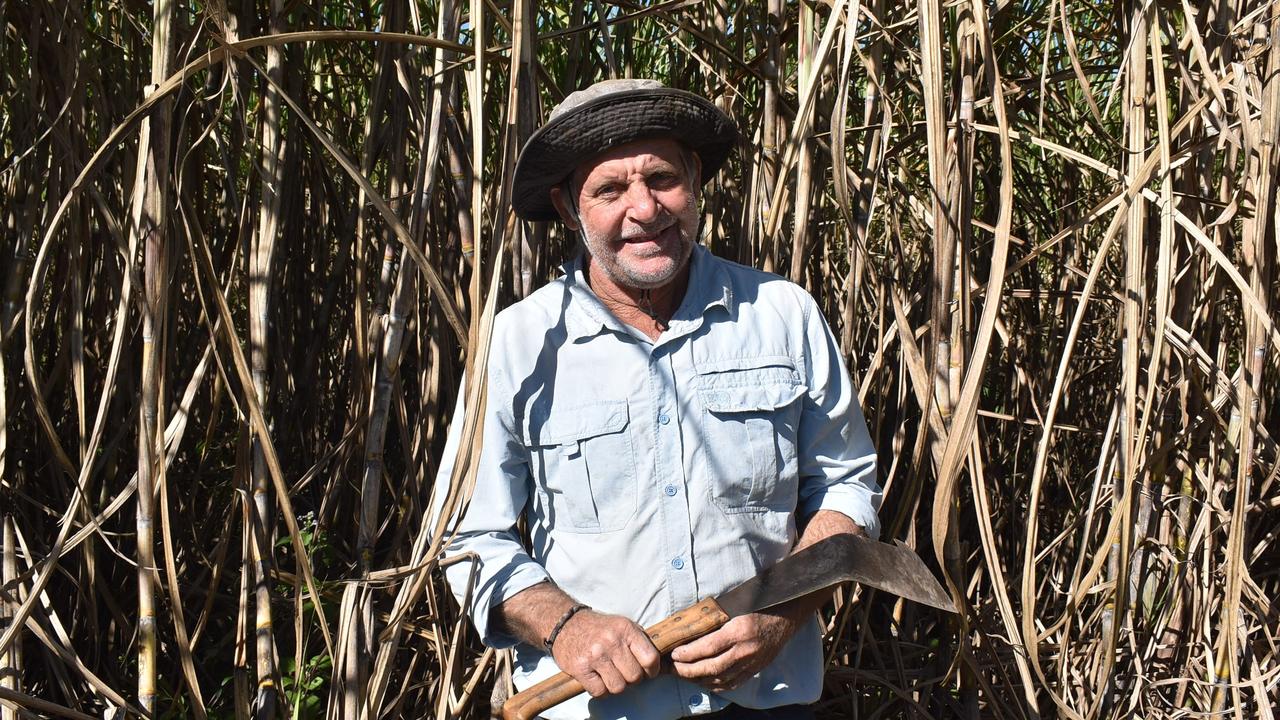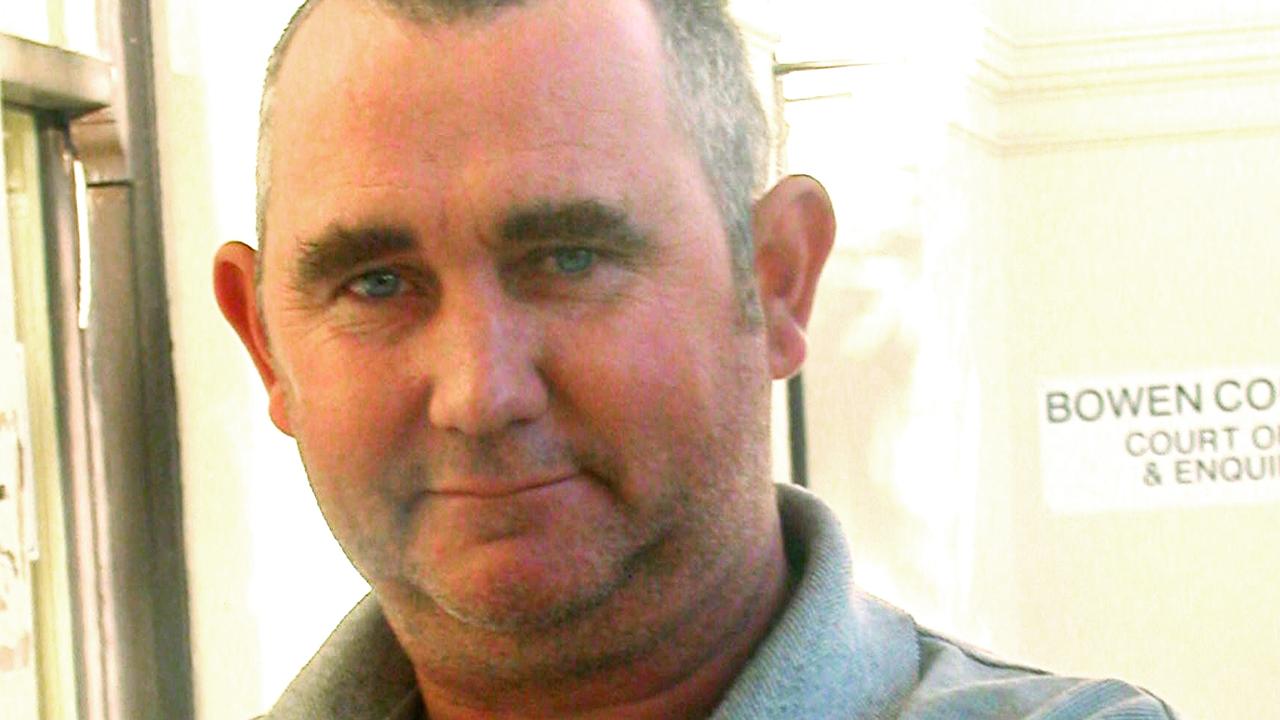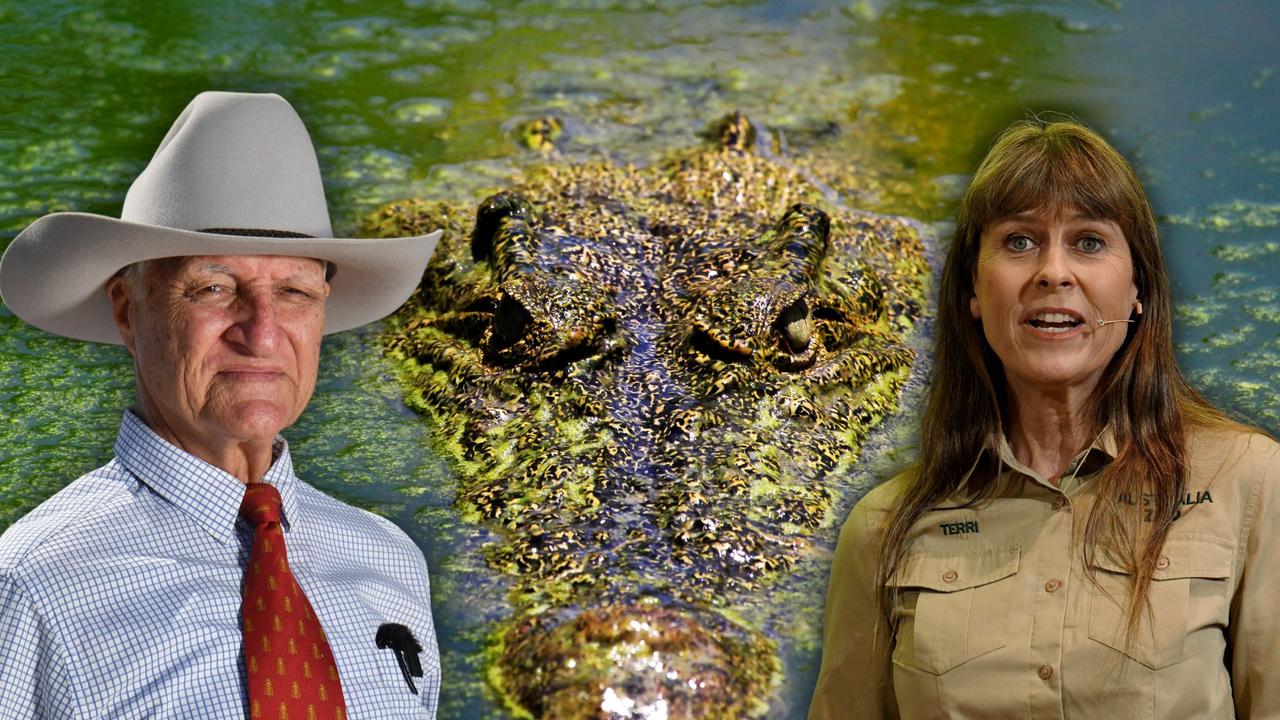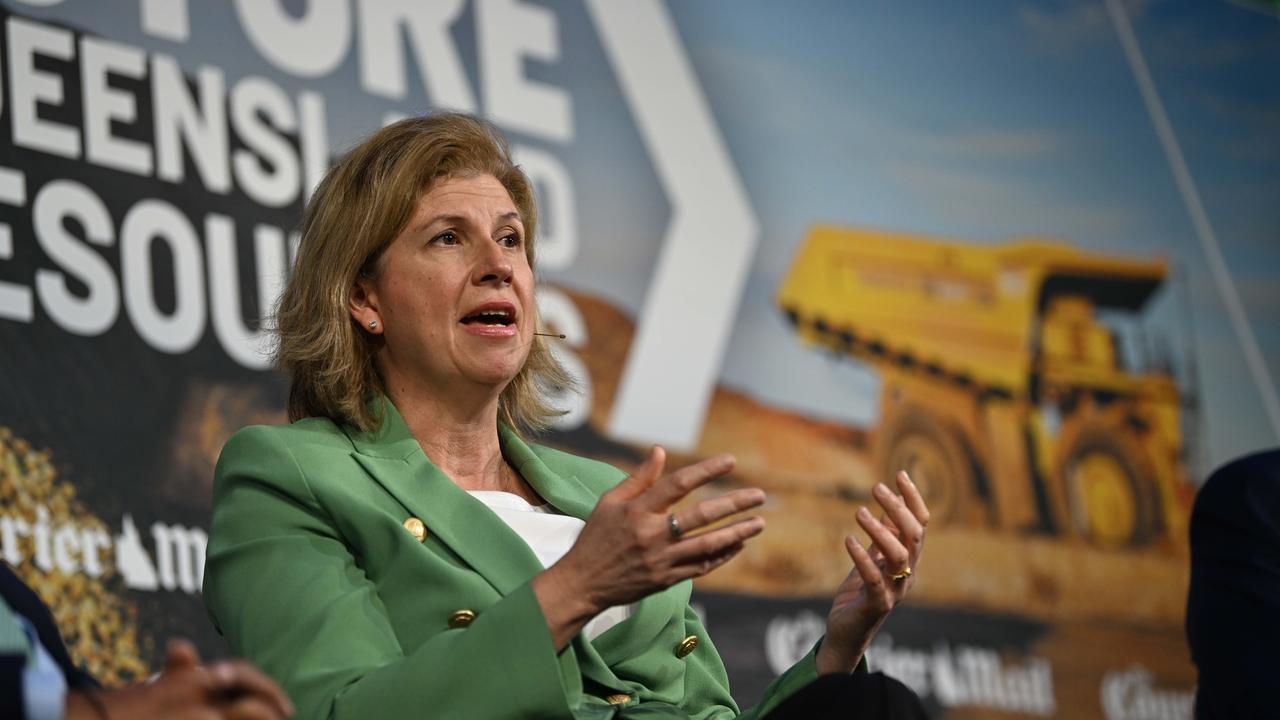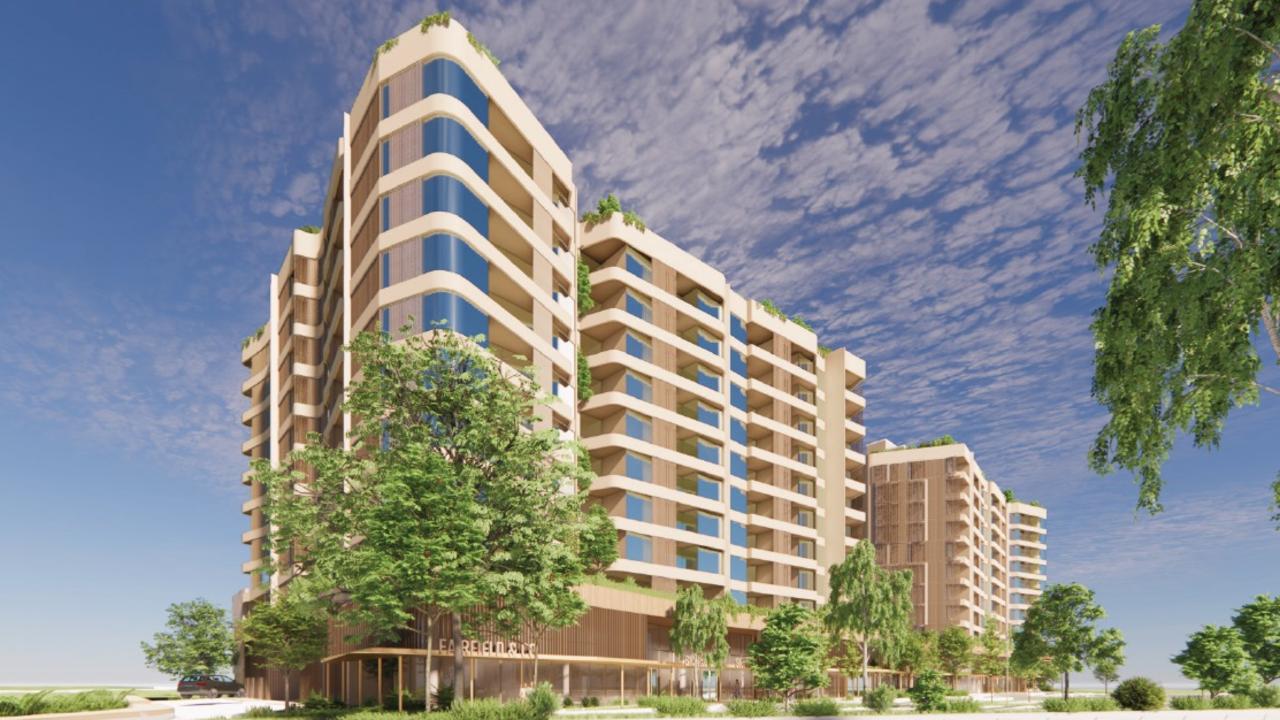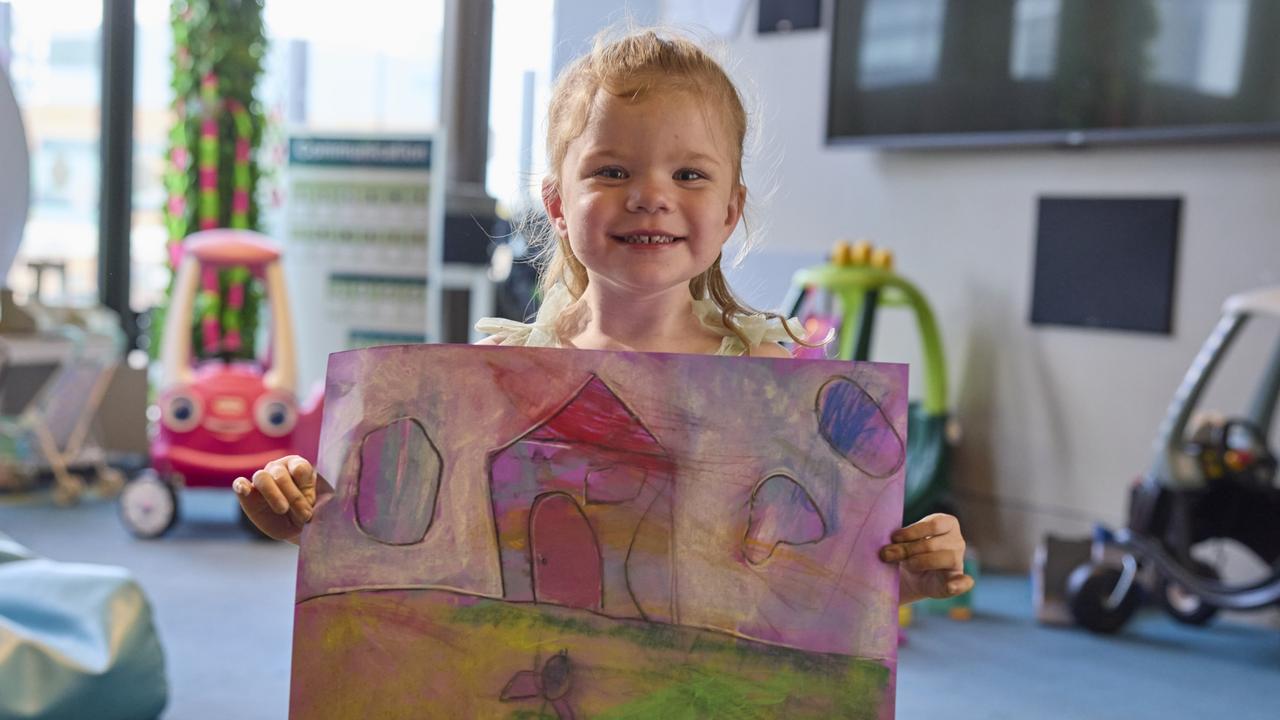Future Townsville: Liveability key as NQ draws migrants up
A commitment to working together and being “bold” today will cement Townsville as an industrial powerhouse with an enviable lifestyle, according to one the country’s leading urbanists.
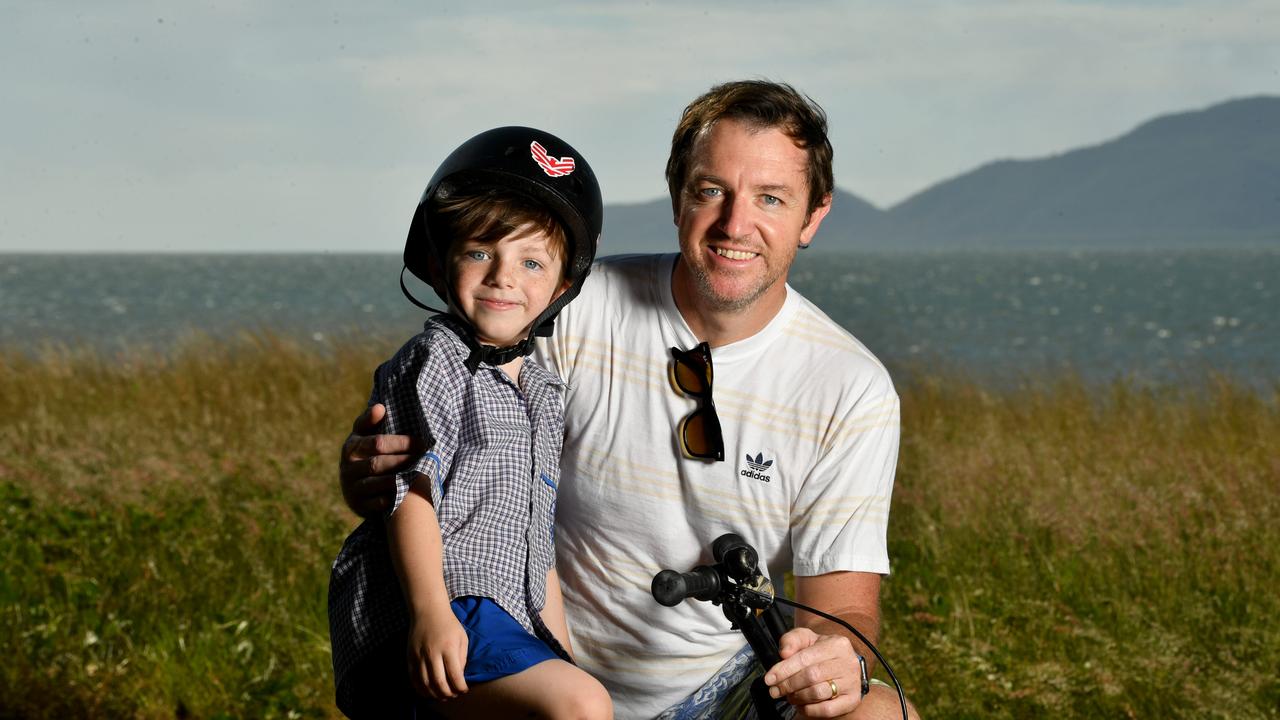
News
Don't miss out on the headlines from News. Followed categories will be added to My News.
A commitment to working together and being “bold” today will cement Townsville as an industrial powerhouse with an enviable lifestyle, according to one the country’s leading urbanists.
Urbis’s Dr Kate Meyrick, a globally respected urbanist and placemaker with over 25 years of international experience across Australia, Asia, Europe, will be the keynote speaker at this year’s Future Townsville event on June 18.
Her research into what Townsville needs to do to thrive and what things will hold us back will be the centrepiece of the Townsville Bulletin’s third annual advocacy series.
“If we are prepared to be bold today, Townsville’s future can be extraordinary,” she said.
“There is so much potential based on our place in the world – its natural assets, deep water port and renewal energy opportunities.
“We also have institutional strengths in terms of our growing defence force, education, and health sector.”
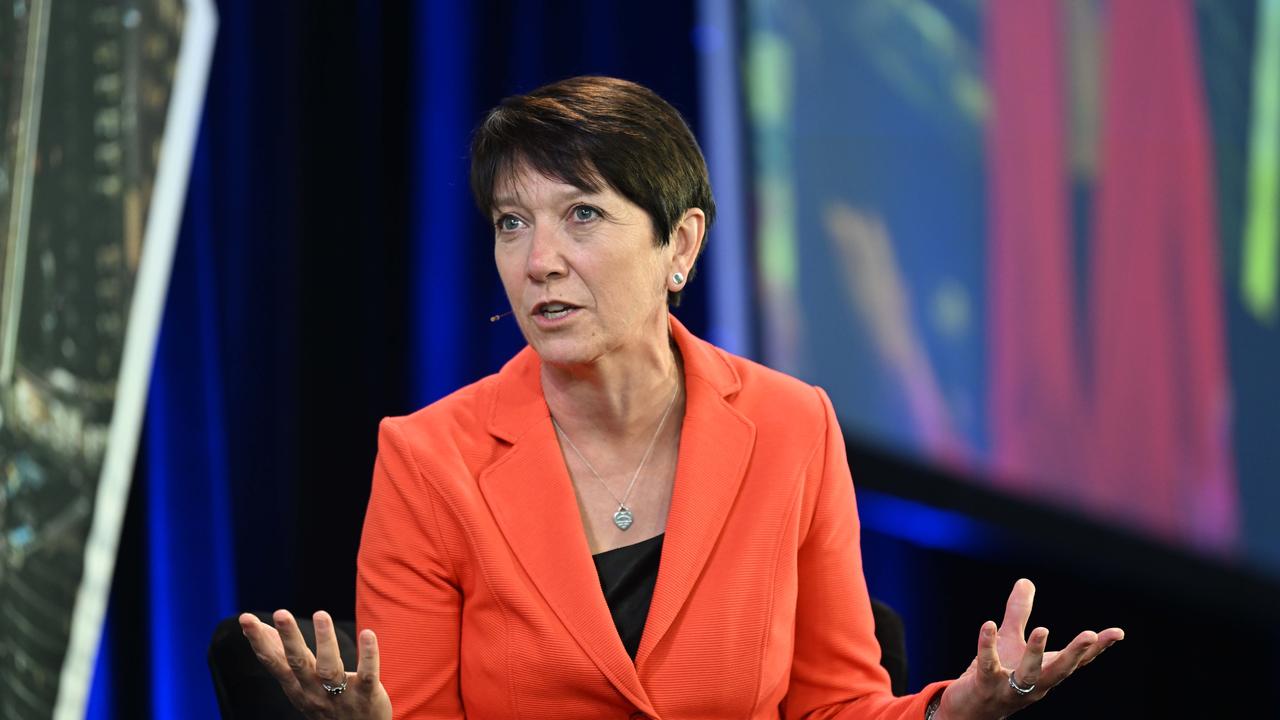
But she said now was the time to “supercharge the innovation agenda” and capitalise on research and development outcomes.
“We have a chance to become a highly differentiated city, a global green industrial powerhouse leading in energy technology and advanced, sustainable manufacturing; a hub of tropical innovation and leveraging the power of our natural and cultural advantages to magnify our identity and visitor economy,” she said.
But she stressed it was an “all in outcome” that needed shared aspiration.
“The most important thing for Townsville is to become more differentiated – to be more like Townsville and less like other places, building on its tropical identity and way of life,” she said.
“Precincts that coalesce cultural, recreational and entertainment uses are a useful for bringing local people together and contributing to visitor appeal and experience.”
Dr Meyrick said improving liveability was a “cornernstone” of being able to attract the kind of workforce needed to see proposed investments come to life.
“Liveability is a piece of the puzzle – albeit a cornerstone element – and people considering a job in the region have to believe that the quality of life and lifestyle would meet their needs and aspirations,” she said.
“But it is not the only solution to the workforce challenge. We need a multidimensional strategy and cannot overlook the significance of workforce training and development, the importance of a compelling destination brand or the alignment of ambition and action across key public and private sector ‘players’.”
For Dr Kenneth Clark, living and working in Townsville wasn’t an easy choice, it was the perfect one.

The head of his own clinic that’s been studiously serving North Queensland with their health issues for more than a decade, Dr Clark moved to not only Townsville, but Australia, in the early 2000s after falling in love.
Dr Clark came to North Queensland in 2008, emigrating with his then-fiancee and now wife Ali, after studying medicine at the University of Glasgow.
Following a number of placements with Townsville University Hospital, eight years later, he eventually cut out on his own and founded the Family and Diabetic GP clinic, a move sparked by his own diagnosis with, and experience managing, Type-1 diabetes throughout his life.
Now, 17-years-later, despite some of the headwinds and challenges of running his own business and practising medicine as a doctor, he’s still seen fit to stay in Townsville, raising a family and becoming a key part of the city’s medical scene.
“It’s paradise to be honest, when you compare it to the UK, we just went back in December for a family holiday, it’s just better in every single way. One of the big things I remember is that the regions are so much more family friendly than the big cities in Australia,” Dr Clark said.
“One of the things I always think about with my kids is that they have a childhood similar to mine, they can ride a bike to school and home to school, their outdoors all the time and they’re not stuck on devices like they are in the big cities, there’s outdoor parks and countryside, the weather is phenomenal.
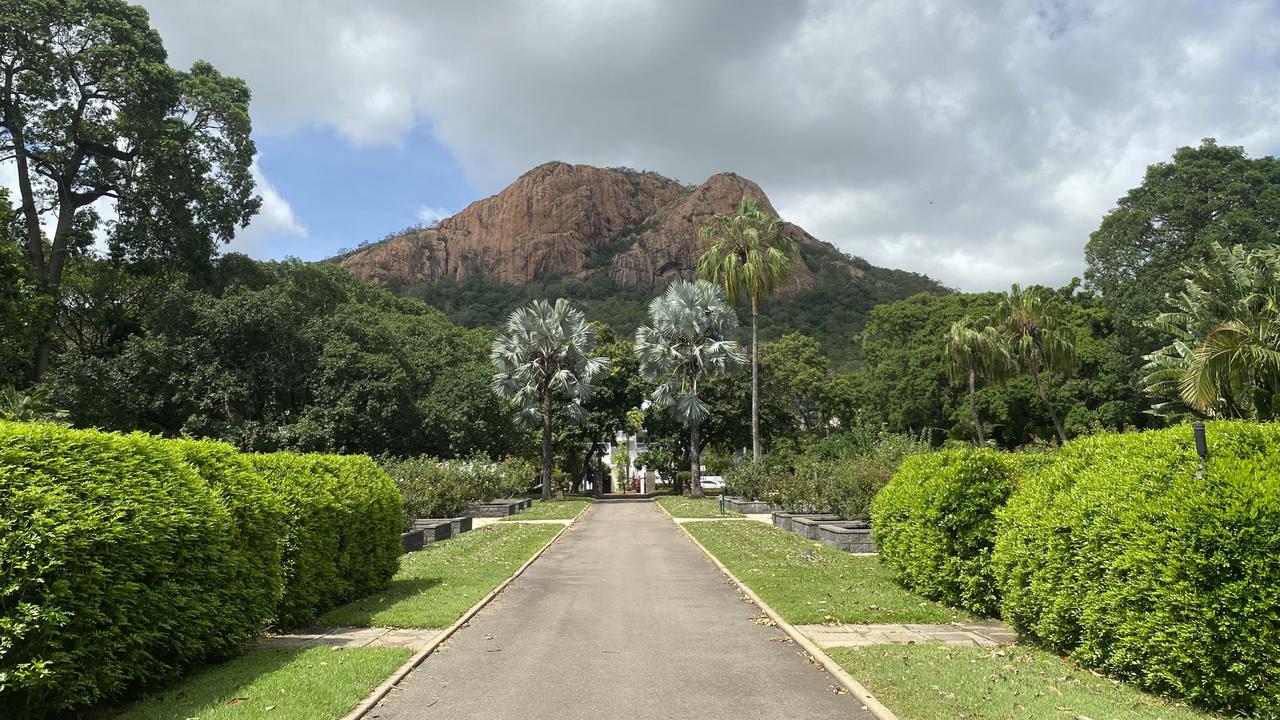
“The schooling is good, the facilities are good, the local economy is going well, in terms of opportunities for employment, everyone’s crying out for workers, it’s easy to find a job if you work hard enough – as an employer in my own business, Australia is really set up to reward small business – compared to the UK, the tax brackets come in really strongly the higher up you go, there’s no reward for entrepreneurship in the UK.”
Last year, in the wake of the federal budget, Dr Clark urged the federal government to ensure the Medicare rebate would remain in line with inflation, so his business could handle rising costs and keep providing its services, but in terms of liveability, he has other major ideas in mind.
“One of the big ones – it’d be great to have an international terminal, even just linked to one of the big hubs that you can then fly onwards, one of the worst things I hate about flying internationally is flying to Brisbane, then twelve hours later, you fly back over Townsville. It’d be so nice, it’d be great if we could just link into Singapore or something like that.
It’d knock so much time off. That’d be a huge growth ticket for the city.”
This year’s Future Townsville series, in partnership with S.Kidman, Bravus, Port of Townsville, Aurizon, Queensland Resources Council and Sun Metals, will examine the once-in-a-generation opportunities for trade and investment in this city.
Originally published as Future Townsville: Liveability key as NQ draws migrants up

